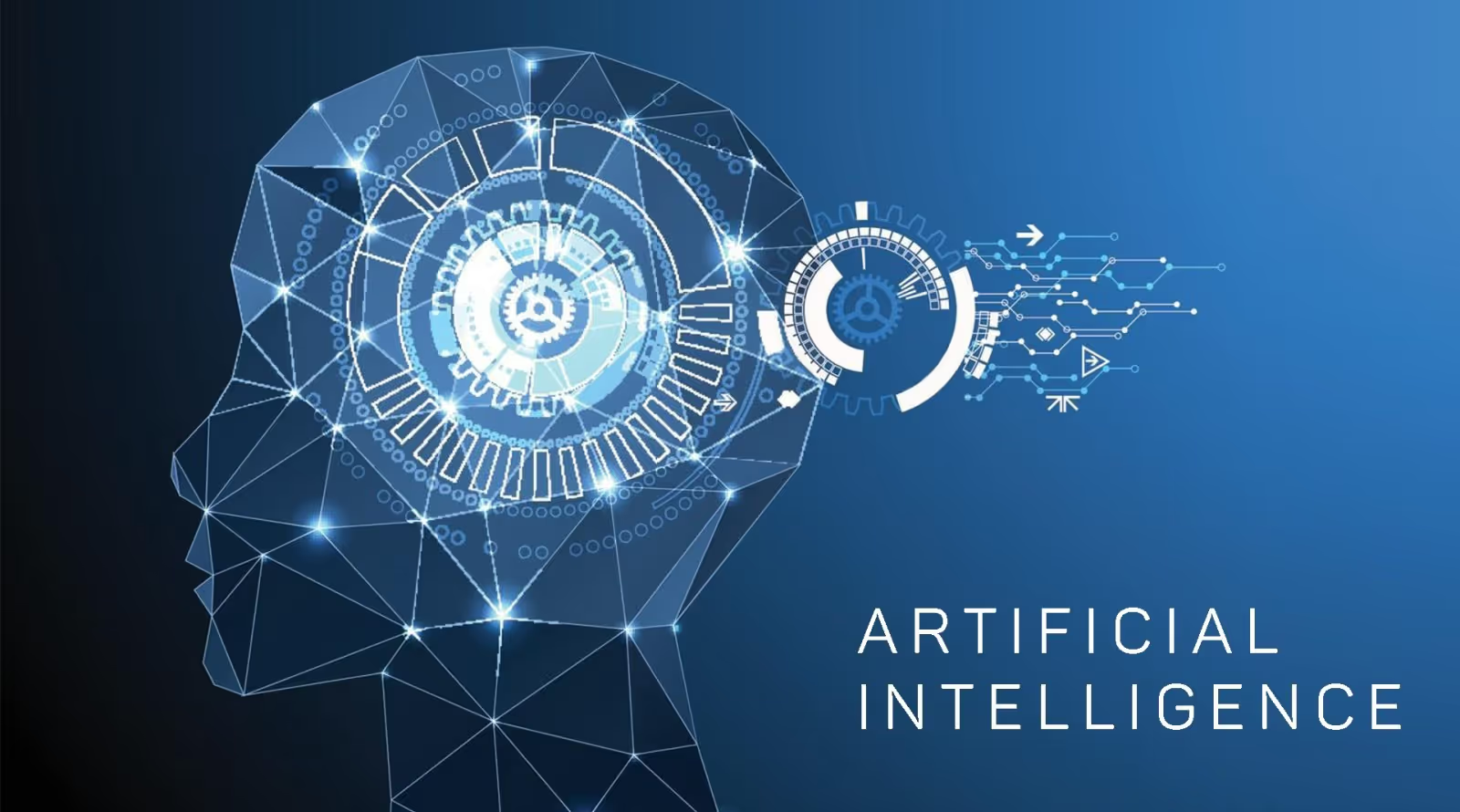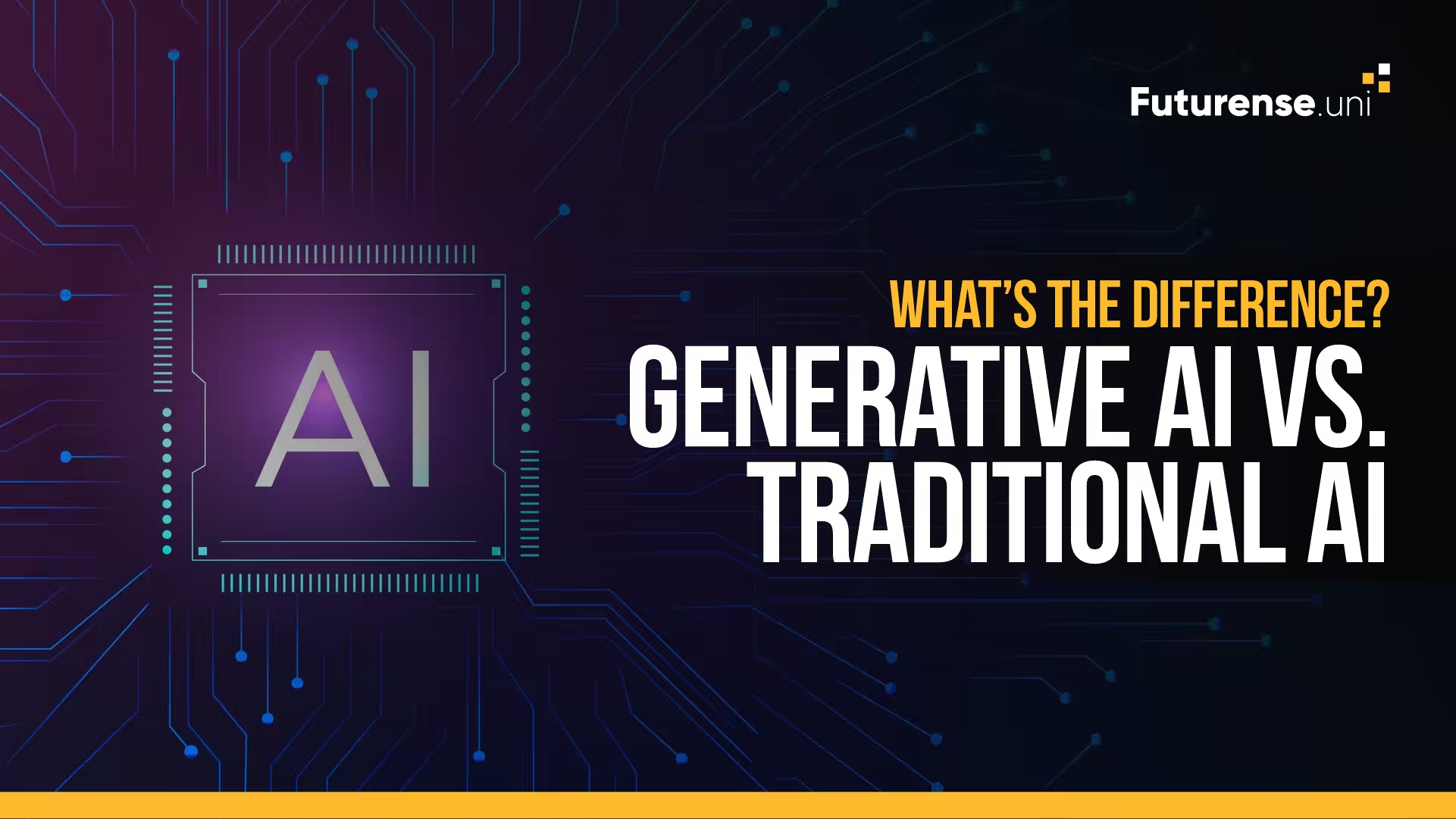In today’s tech-driven world, terms like Artificial Intelligence (AI), Machine Learning (ML), and Data Science are often used interchangeably. However, while these fields are closely related and sometimes overlap, they have distinct focuses, techniques, and career paths. Understanding the differences between AI, machine learning, and data science is crucial if you’re considering a career in tech or simply want to grasp how these technologies are shaping our future.
This article explains what each field entails, highlights their key differences, explores their real-world applications, and provides guidance on which path might be the best fit for you.
What is Artificial Intelligence (AI)?

Artificial Intelligence is a broad branch of computer science focused on creating machines or systems capable of performing tasks that normally require human intelligence. These tasks include reasoning, problem-solving, understanding language, perception, and decision-making.
Key Points About AI:
- AI systems can be rule-based (expert systems) or learning-based.
- It includes subfields like natural language processing (NLP), computer vision, robotics, and speech recognition.
- AI can be narrow (specialized in specific tasks, e.g., voice assistants) or general (intended to perform any intellectual task, which remains mostly theoretical today).
Examples of AI:
- Virtual assistants like Siri or Alexa
- Self-driving car systems
- Fraud detection in banking
- Recommendation engines on Netflix or Amazon
What is Machine Learning (ML)?
Machine Learning is a subset of AI that focuses on developing algorithms that allow computers to learn from data and improve their performance over time without being explicitly programmed for every task.
Key Points About ML:
- ML uses statistical techniques to find patterns in data.
- The more data ML systems are exposed to, the better they become.
- ML is broadly classified into:
- Supervised learning (learning from labeled data)
- Unsupervised learning (finding structure in unlabeled data)
- Reinforcement learning (learning through trial and error using feedback)
Examples of ML:
- Spam filtering in emails
- Image and speech recognition
- Predictive text input
- Personalized marketing and ads
What is Data Science?
Data Science is an interdisciplinary field that uses scientific methods, algorithms, and systems to extract knowledge and insights from structured and unstructured data. It incorporates elements from statistics, mathematics, computer science, and domain expertise to make data-driven decisions.
Key Points About Data Science:
- Data scientists handle the entire data pipeline—from collection, cleaning, and analysis to visualization and reporting.
- It often involves machine learning but also includes classical statistical analysis.
- Data science answers business or research questions by interpreting data.
Examples of Data Science in Action:
- Customer segmentation for marketing strategies
- Predicting equipment failures in manufacturing
- Analyzing social media trends
- Risk assessment in insurance
AI vs Machine Learning vs Data Science: Key Differences
How These Fields Overlap and Complement Each Other
- Machine learning is a subset of AI — all machine learning is AI, but not all AI involves machine learning.
- Data science uses machine learning as one of many tools to analyze data and extract insights.
- AI applications often depend on ML models trained on data processed by data scientists.
- Together, these fields form a powerful trio driving innovations like self-driving cars, intelligent assistants, and predictive analytics.
Which Should You Learn?
Consider Your Interests and Career Goals
- If you love programming and want to build intelligent systems:
AI might be your path, especially if you are interested in robotics, NLP, or developing autonomous systems. - If you enjoy statistics, algorithms, and working with data to create predictive models:
Machine learning could be the right fit, as it’s the engine behind many AI applications. - If you’re fascinated by data, insights, and using analytics to solve business problems:
Data science offers a broader skillset involving data cleaning, visualization, and storytelling, alongside some ML.
Job Market and Opportunities
- Data Science roles are plentiful across industries because every sector needs data-driven decision making.
- Machine Learning Engineers are highly sought after in tech companies focusing on AI products.
- AI specialists often work in research, robotics, or specialized domains like autonomous vehicles.
Learning Curve and Prerequisites
- Data Science may be more accessible if you start with statistics and data manipulation.
- Machine Learning requires solid math foundations (linear algebra, calculus, probability).
- AI can be complex as it involves a wide range of knowledge, from logic to advanced ML.
How to Get Started Learning
For Data Science:
- Learn Python or R programming
- Study statistics and data visualization
- Take courses on platforms like Coursera, edX, or DataCamp
- Practice on datasets using Kaggle or similar platforms
For Machine Learning:
- Master Python and libraries like Scikit-learn, TensorFlow, or PyTorch
- Deepen knowledge in mathematics (linear algebra, calculus)
- Take specialized ML courses (Andrew Ng’s Machine Learning course is popular)
- Work on projects and competitions to build practical skills
- Build strong foundations in programming and mathematics
- Learn about AI subfields such as NLP, robotics, or computer vision
- Explore research papers and advanced AI courses
- Engage in projects involving AI frameworks and simulations
Conclusion
While AI, Machine Learning, and Data Science are interconnected fields, each has its own unique focus and applications. Understanding these differences will help you choose the right learning path based on your interests and career goals.
- If you want to build intelligent systems, AI is your destination.
- If you're excited about designing algorithms that learn from data, dive into Machine Learning.
- If you prefer a broad role involving data analysis, visualization, and predictive modeling, Data Science is a great fit.
Whichever path you choose, these skills are shaping the future of technology and offer rewarding career opportunities across many industries.
FAQ: AI / ML vs Data Science
What is the difference between AI / ML and data science?
AI/ML focuses on building models that learn from data to make predictions, while data science encompasses the full pipeline — data collection, cleaning, analysis, visualization, and deriving insights in addition to modeling.
Which one is better: AI/ML or data science?
“Better” depends on your interests and career goals. If you love modeling, algorithm development, and innovation, AI/ML may appeal more. If you prefer exploration, business analytics, insight generation, and broad data handling, data science might suit you better.
Do AI/ML professionals need data science skills?
Yes. Understanding data handling, statistics, preprocessing, feature engineering, and domain knowledge is essential for building robust AI/ML models.
Can I start with data science and move into AI / ML later?
Absolutely. Many professionals begin with data science to understand data foundations, then specialize into AI/ML areas as they deepen skills and interests.
What job roles align with AI/ML vs data science?
Roles in AI/ML include ML Engineer, AI Researcher, Deep Learning Specialist. In data science: Data Scientist, Analytics Engineer, Business Intelligence Analyst.
What skills are common and unique between AI/ML and data science?
Common skills: programming, statistics, data manipulation, visualization. Unique to AI/ML: deep learning, reinforcement learning, generative models. Unique to data science: data storytelling, domain-specific analytics, dashboarding, business strategy.










